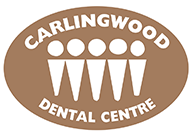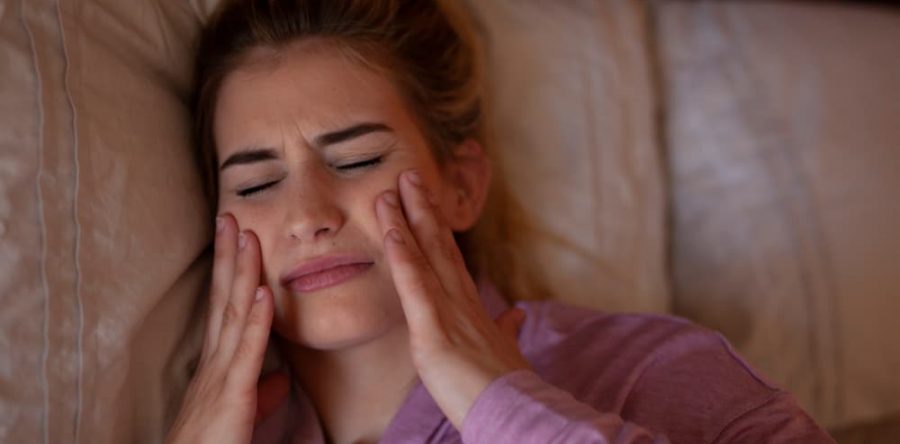Are you waking up with a pounding headache, sore jaw or bleeding gums on a frequent basis? These are common signs that you’re grinding your teeth at night. Clenching your jaw and teeth grinding, otherwise known as bruxism, can become serious and eventually lead to significant dental damage if left unaddressed. That’s why it’s important to have your teeth and jaw examined by your dentist at least twice a year. If they suspect that you are grinding your teeth at night, there are several treatments they can recommend to prevent any damage.
Typical Symptoms of Bruxism
Bruxism can cause a variety of symptoms, most notably:
- Headaches around the temples
- Abnormal jaw pain after waking up
- Excessive tooth wear or fractures
- A flattened biting surface of the teeth
- Loss of the tooth structure where the tooth and gum meet
- Inflammation and bleeding gums
- Cheek or lip biting
- Pain when chewing or moving the jaw
- Pain or tenderness in the front of the ear
Do I Have Bruxism?
Since teeth grinding typically occurs overnight, most individuals are unaware that they’re grinding and clenching their teeth until someone else tells them. Those who realize on their own often figure it out only once their symptoms have become more severe or tooth damage has started to form. If you suspect that you might be grinding your teeth at night, talk to your dentist. They will examine your mouth and jaw to look for the signs.
What Causes It?
Stress and anxiety are often to blame for this condition, but teeth grinding can also be caused by other factors. An abnormal bite and missing and crooked teeth are also common culprits. Sleep apnea can also cause you to clench and grind your teeth.
Is Bruxism Harmful?
Teeth grinding can eventually lead to cracked teeth and even tooth loss. In severe cases, it can affect your jaw and even cause your face to change shape.
How Can I Fix It?
The best solution is to wear a mouth guard at night. Your dentist can fit you for one so you can wear it while you sleep to protect your teeth. They can also address any underlying issues with your teeth and jaw that could be causing the grinding to occur in the first place.
If you have any of the symptoms mentioned that lead you to believe you may be grinding your teeth at night, contact us at Carlingwood Dental. Our dentists will examine your teeth and jaw to determine the cause of your symptoms and then find a solution to ensure your teeth are properly protected.


